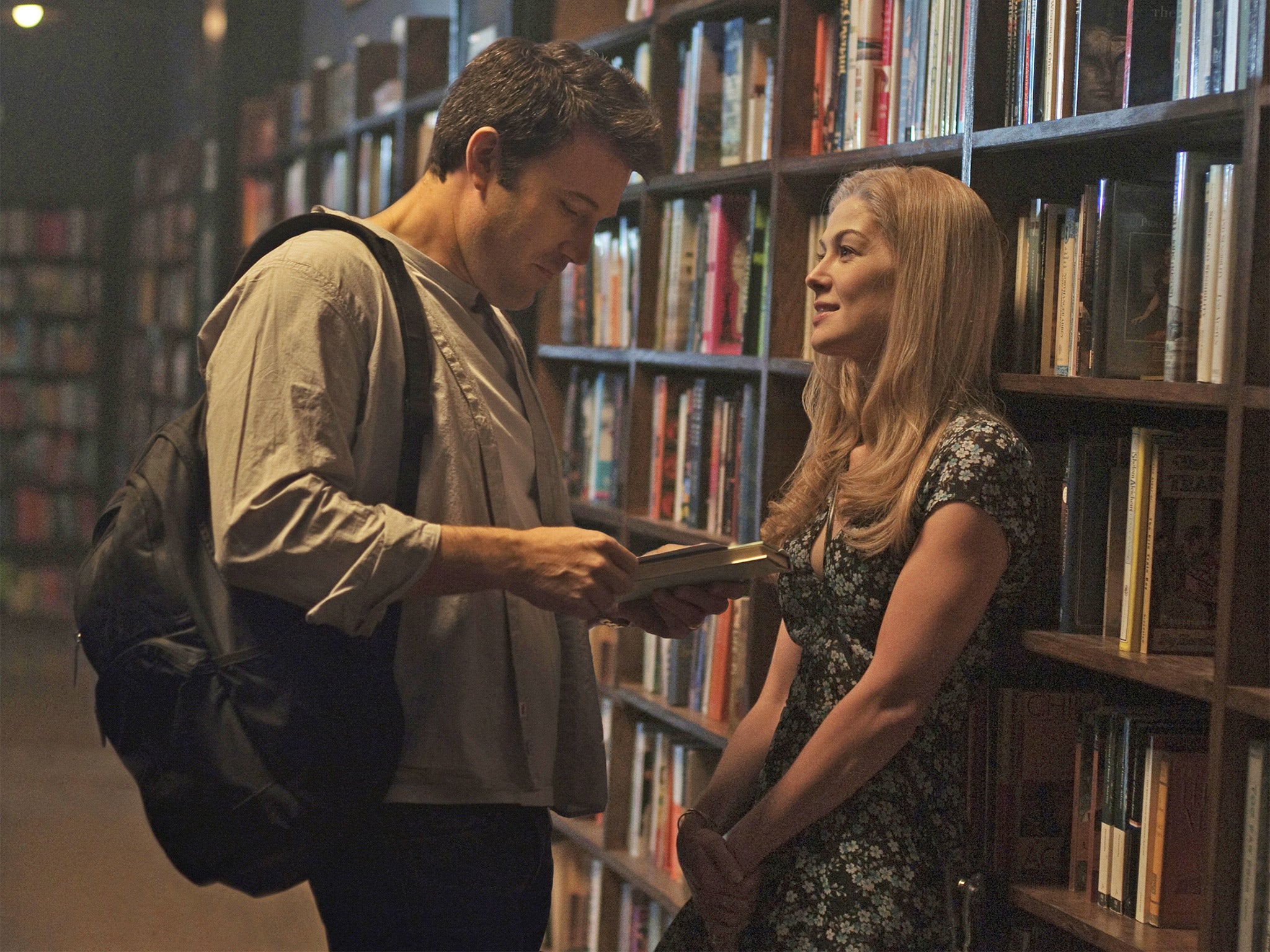Happy Valentine's Day and long live domestic dysfunction

So! Some literary food for thought for 14 February: if you’re a freshly courting couple, it won’t last. If you’ve been married a while, he’s having an affair with his laptop. And if you’ve got it all – husband, kids, house, garden, hamster – it’s doomed to unravel through marital infidelity, abducted kids, dad stepping on the hamster and then deep-freezing it, mum having a fantasy affair with the man installing the expensive kitchen. Affairs aplenty. Happy Valentine’s Day!
Or have I just been reading too much? It’s not just domestic noir – though Gone Girl's relationship angst in that genre now seems to have infected the whole family, most recently, Paula Hawkins’ bestseller, The Girl on the Train, where pregnancy, babies and IVF is pivotal to the plot.
Literary fiction is doing it too: Kate Hamer’s March debut, The Girl in the Red Coat, will feature an eight-year-old girl and a grandfather who abducts her; Philip Teir, the Finnish-Swede who has been compared to Jonathan Franzen, exposes the fault-lines of bourgeois family life in his recent novel, The Winter War, in which a marriage of 30 years teeters on the brink of implosion. Max really does step on his grandchildren’s hamster, deep-freezes it in panic and then enacts the inevitable midlife crisis with a younger woman. Katriina’s life is empty enough for her to find her unfulfilled desires met in a kitchen re-design. And their daughter, Eva, really is having an affair with an inappropriately older man – her tutor, no less.
If all this sounds derivative – haven’t we seen it before in John Updike and Philip Roth and Franzen and Zadie Smith (On Beauty) and Richard Yates’s Revolutionary Road? – it shows us that family dysfunction is infinitely pleasing to us as readers. The smug middle-class unit is the prism through which all our complaints about society’s inequities can be reflected, however extreme or unrealistic. It’s like our own S&M fantasy. And yet, we can’t let go of the idea of romance either, though nuclear family hell is where it is presumably leading – either that, or death (from Romeo and Juliet to One Day). The counterpoint to domestic noir, or whatever we’re calling it now, is chick lit; although the romance in the latter is as unrealistic and unsustainable as it has ever been, from fairytale endings onwards, still we love it.
This applies to literary fiction too. Having had my nose buried in Kazuo Ishiguro’s new novel, The Buried Giant (published next month), I found myself bewitched not by the fantasy world of ogres and Old England legends that he conjures, but the elderly couple who seem to carry such unfaded passion and respect for each other that their love is heart-rending on every single page. It might be idealised but it is exactly how we like it to be in literature. Romance! Long may it live, alongside its thrilling breakdown afterwards.
What does seem to be taking “domestic noir” into a different direction, as far as I can tell from reading The Girl on the Train (a thriller about a drunk divorcée who witnesses a possible crime from a train) is that for all its distrust of husbands – the devious, abusive partner – and distrust of the security that the nuclear family can offer – faith in humankind is restored though female camaraderie. Girl power saves the day. Two of the three central women triumph over marriages that are degrading, dispiriting, and controlling. For all the hamminess of the “noir” genre, this isn’t a bad message to send out on Valentine's Day.
The One-Hit Wonders that we just can’t leave alone
There has been such furore over what Harper Lee really feels over the imminent publication of her sequel to To Kill a Mockingbird , but I wonder if posthumously, it would have been published anyway. It happened to Truman Capote with Summer Crossing, written before Breakfast at Tiffany’s and dismissed by him as “thin, clever, unfelt”. It also happened with Nabokov’s unfinished novel, The Original of Laura, which he never wanted to see the light of day.
What seems to me more extraordinary is that Lee has published just one novel until now. How many others have done this? Even Homer wrote two. Oscar Wilde with Dorian Gray, but he wrote plays and poems. Emily Brontë with Wuthering Heights but she probably intended to write more had she not died so young. Arundhati Roy, but there has been so much non-fiction since The God of Small Things. It leaves a tiny minority – Margaret Mitchell, Anna Sewell and, of course, the minds behind the Bible – who all give the world one brilliant piece of work, then resume their silence.
Join our commenting forum
Join thought-provoking conversations, follow other Independent readers and see their replies
Comments
Bookmark popover
Removed from bookmarks